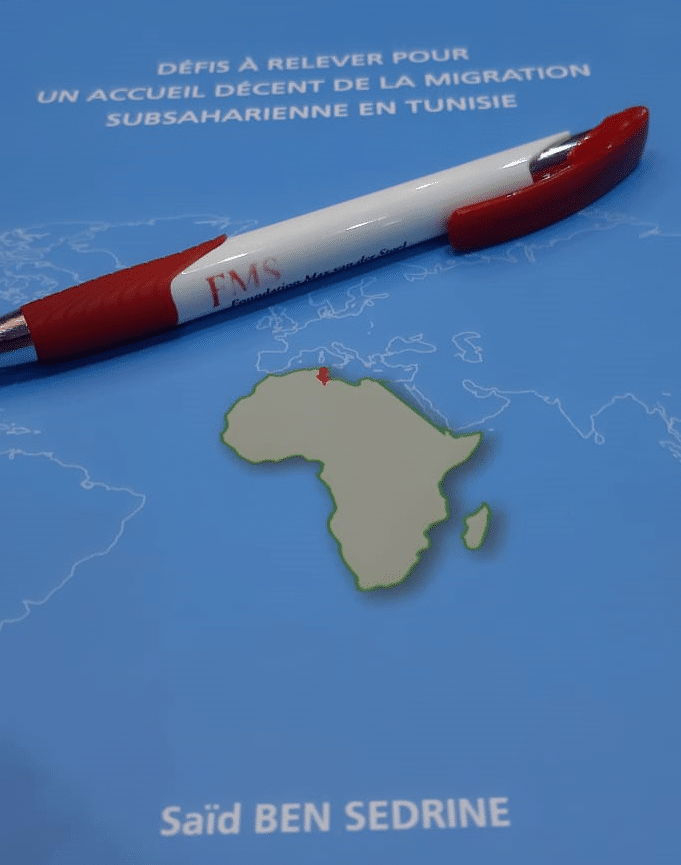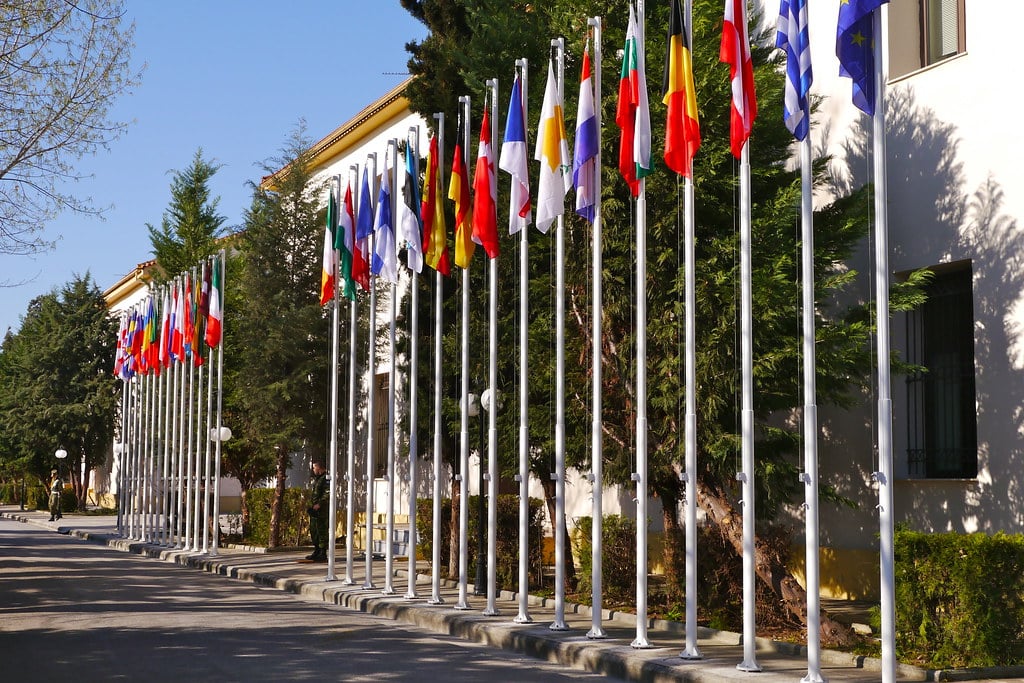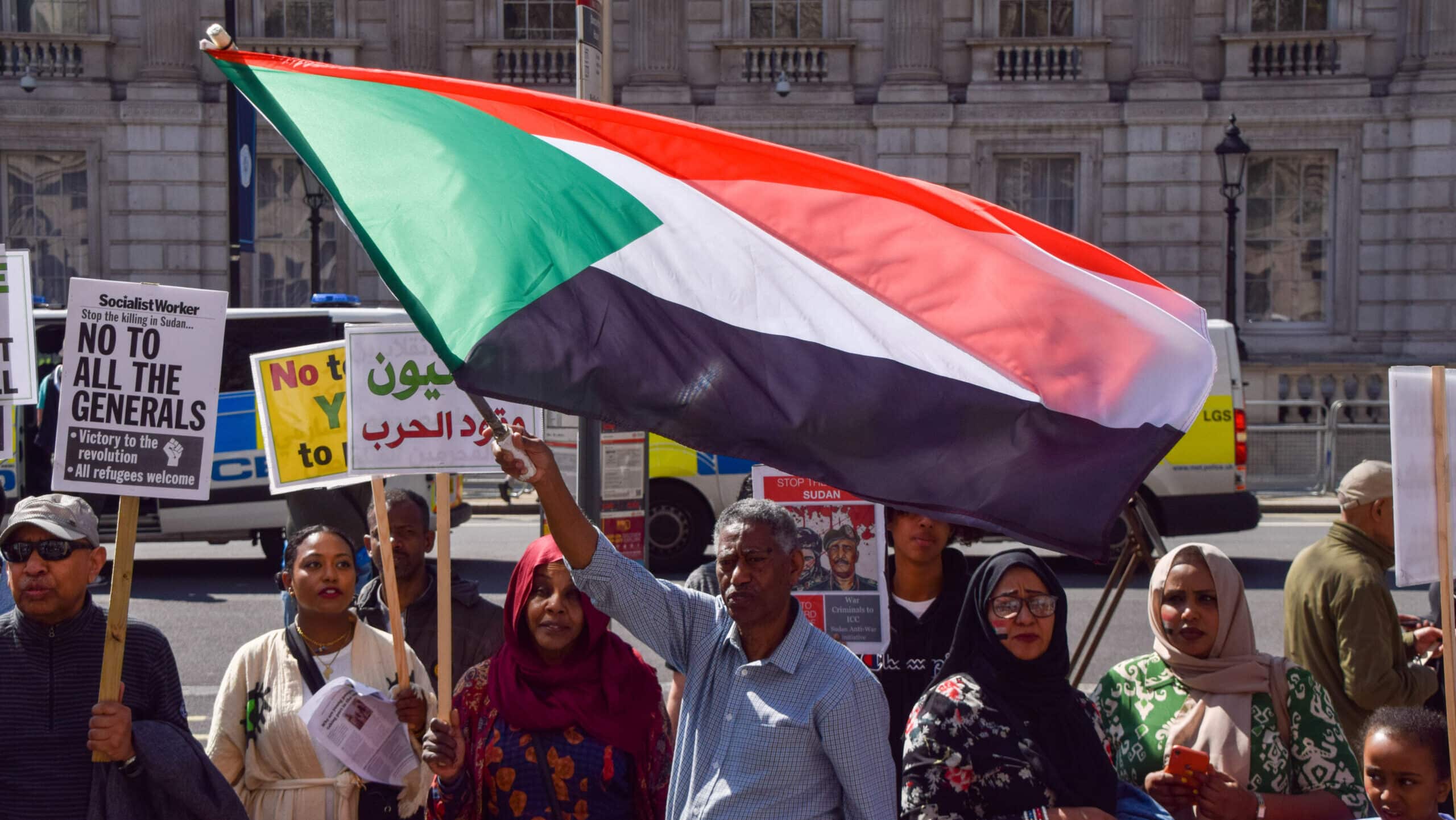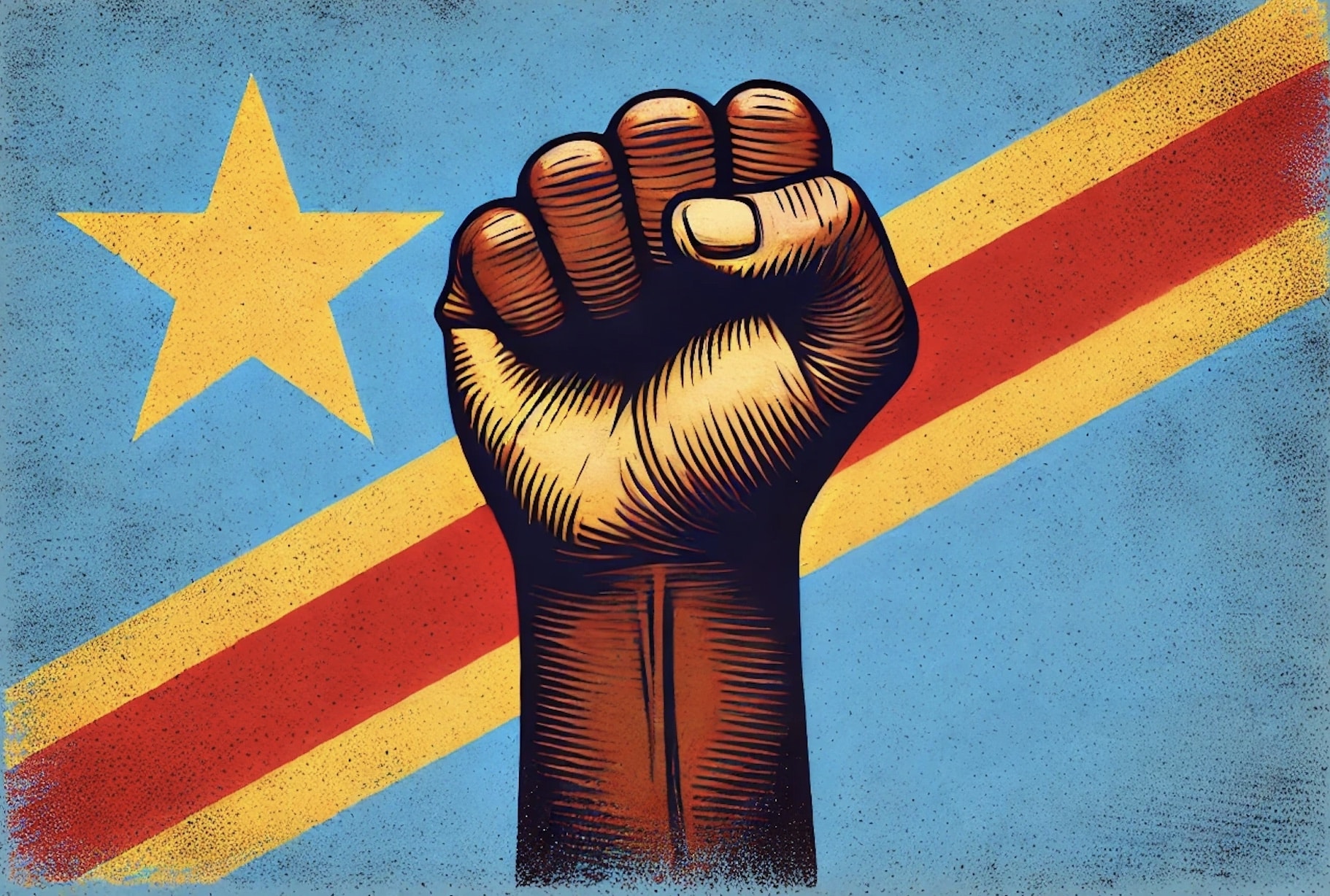Last week was a very interesting week for my research. I had the opportunity to attend the IUSY World Council 2019 in Sousse. IUSY is the International Union of Socialist Youth. Around 200 youth delegates from all around the world gathered in Sousse for this Council. In addition, the youth of the Tuniasian Ettakatol party organised a conference on 'Social Democracy around the World'. A very good opportunity for me to talk with young people about politics worldwide, social unrest, grassroots movements and migration.
"EU is behaving like a dictator"
But before I took the train from Tunis to Sousse, I had some other interviews scheduled. Somehow, all these meetings resulted in the same topic: partnership between the EU and African countries. And then especially, equal partnership. Talking about migration, this is something that has not (yet) been accomplished. Or as one of my interviewees said: "The EU is behaving like a dictator".
For an equal partnership to exist, dialogue is crucial. The Swiss are a good example in this regard. I visited the Swiss Embassy to discuss their approach. In 2012 Tunisia and Switzerland signed migration accords, which resulted in a migration partnership between the two countries. Every year, stakeholders from both sides meet, one year in Tunisia, the next year in Switzerland to discuss all kind of migration related issues. Every yearly meeting results in a project list, with projects for the coming year. This is a great example of partnership in the context of migration.
Discourse on migration
Another topic I discussed last week was the discourse on migration. This topic also became prominent during the discussion on the Global Compact for Migration (GCM) in Europe. The GCM also includes an objective to promote evidence-based public discourse. Why is this important? Because, to quote a researcher from Mercy Corps: "People move, but the way they move is up to countries". When, when we speak about migration, we say that 'all African migrants want to come to Europe' - which is not the case - this will result in a discourse that is set out to discourage migration to Europe. As migration becomes more and more discouraged potential migrants that are thinking about moving will feel a sense of urgency. They have to migrate now, because otherwise it might be too late!
Social unrest and optimism
At the Council in Sousse, we also talked about the revolution in Tunisia and the social unrest here and in many other countries. As Mustapha Ben Jaafar (President of the Constituent Assembly in charge of devising the new constitution in Tunisia after the revolution) said, "Young people are frustrated. They sacrificed a lot during the revolution, but have not received much afterwards". However, talking to many of the young Tunisians present in Sousse, they are optimistic. They are activists working on improving their country. And, they show that the revolution is still going on in the minds of many of the Tunisian people.
Thus, plenty to do in Tunisia. Follow me on this blog to keep updated! And, if you have any ideas yourself on the issue of migration, share them with us through info@foundationmaxvanderstoel.nl.





